Hair cortisol levels in cats with and without behavioral problems
Stress-related changes in feline behavior can be perceived as bothersome by owners. High levels of stress in cats, regardless of its origin, can cause changes in food intake, grooming, general activity, exploratory behavior, facial marking and interactions with other cats and humans, as well as increased vocalization, anxiety, urine spraying and aggressive behavior. In addition, high levels of stress also affect the physical health of cats.
The aim of the study was to analyze hair cortisol levels in cats whose owners had reported behavioral problems and undesirable behavior. In addition, feline hair cortisol levels were compared between sexes, for indoor and outdoor cats and for cats living in single or multi-cat households.
In total, 55 cats participated in the study, including 31 females and 24 males from various households. The cats belonged to 25 different owners who answered a questionnaire survey. The biological material used for the research were two to three cm fragments of hair removed at the level of the skin with scissors by the owners from the cats' lumbosacral area.
The cortisol concentration in the samples was determined with the DRG Salivary Cortisol HS ELISA. Statistical analysis of the results was performed with Statistica 13.3.
A tendency toward lower cortisol levels was found by the researcher in outdoor cats versus indoor cats (U = 251.5, P = 0.066). They also found that the cats exhibiting behavioral problems (e.g., eliminating outside the litter box) or aggressive behavior towards household members had statistically significantly higher hair cortisol levels (U = 162.0 [P = 0.027] and U = 9.0 [P = 0.040], respectively).
No statistically significant relationship between feline cortisol levels and sex, neuter status, age and origin were found in the present study. Similarly, no statistically significant differences in the levels of cortisol in the hair of cats according to sex (P = 0.67) and neuter status (P = 0.62) were found by Contreras et al.
The sole author of the study concluded that high levels of stress in cats can affect their interactions with other cats and with humans. The incidence of undesirable behavior was observed more frequently in indoor cats. Significantly higher cortisol levels were found in cats that eliminated outside the litter box or that showed aggression towards their owners.
Justyna Wojtaś. “Hair cortisol levels in cats with and without behavioural problems.” J Feline Med Surg. 2023 Feb;25(2):1098612X221150624. doi: 10.1177/1098612X221150624.


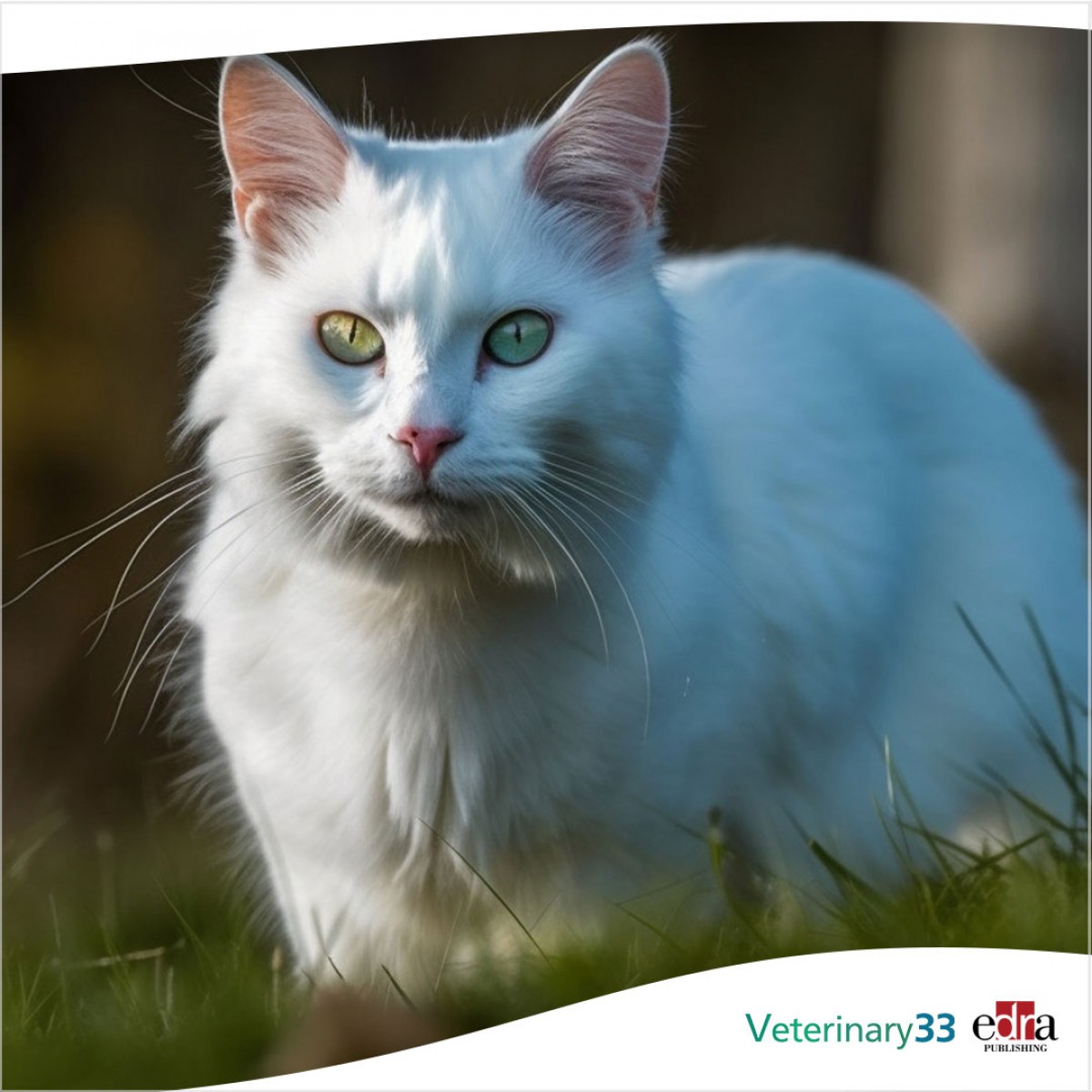
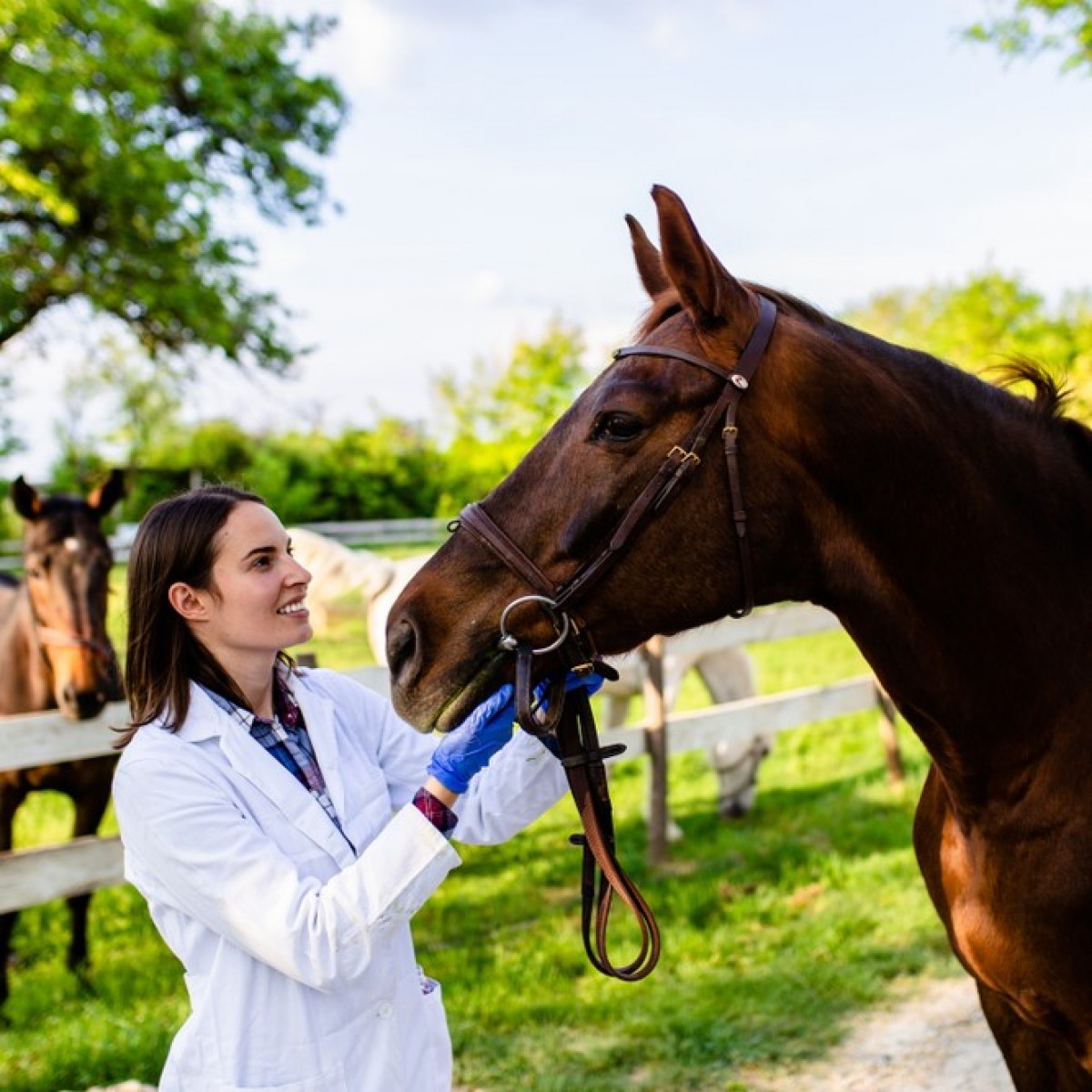
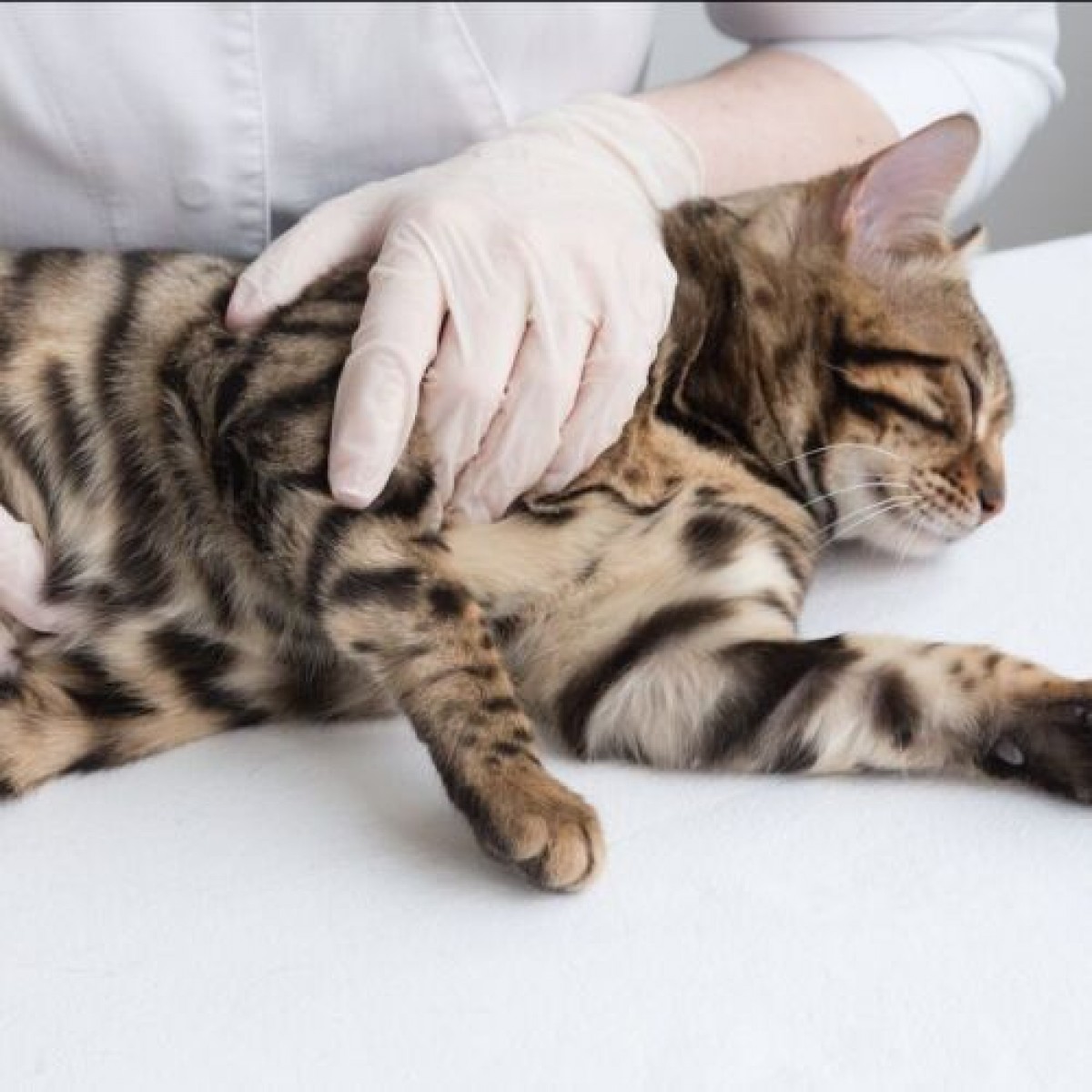

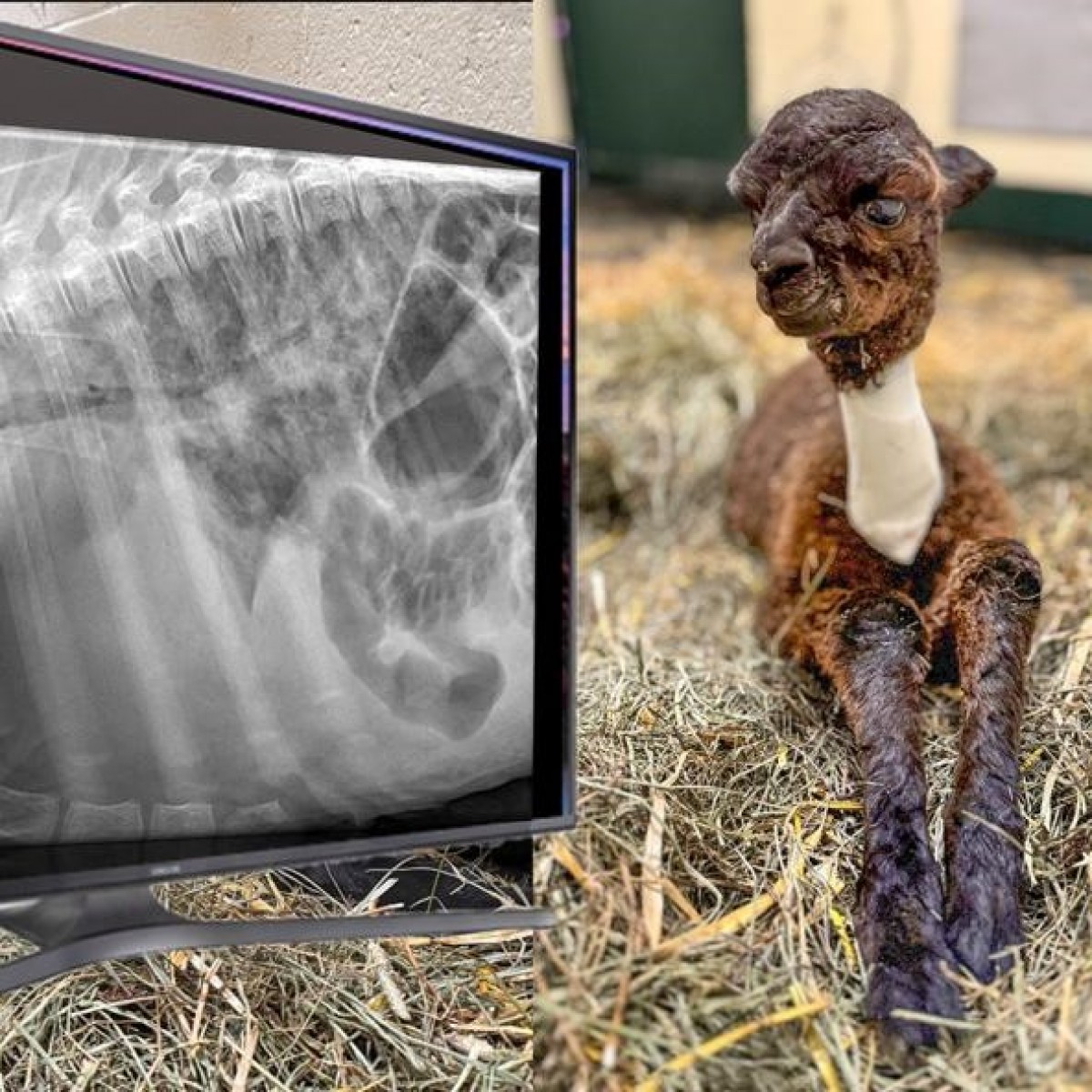

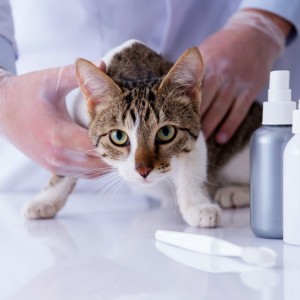




List
Add
Please enter a comment